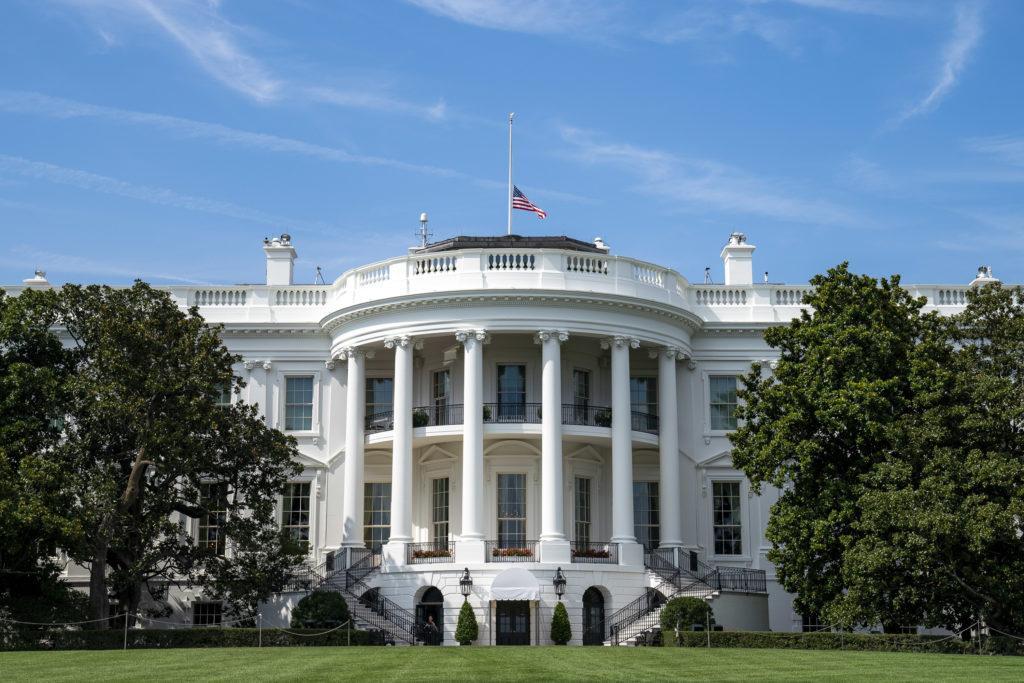The U.S. government under President Biden is urging Israel to develop a comprehensive strategy for ensuring the safety of Palestinian civilians in Gaza, emphasizing the need for a proactive approach in protecting innocent lives amidst the ongoing tensions and violence in the region.
New Strategy to Safeguard Palestinian Civilians
Given the recent escalations in the conflict between Israel and Palestine, the Biden administration is calling for Israel to prioritize the protection of Palestinian civilians in Gaza. This shift reflects a renewed emphasis on upholding human rights and preventing unnecessary harm to vulnerable populations in the region.
Improving Safety Measures in Gaza
The volatile situation in Gaza necessitates effective security measures by Israel to prioritize the safety and well-being of Palestinian civilians. This involves ensuring access to essential services such as healthcare and education, as well as creating safe spaces for individuals to seek refuge during times of conflict.
Promoting Collaboration for Peace and Stability
Collaborative efforts between Israel and Palestine are crucial for achieving lasting peace and stability in the region. By addressing the root causes of the conflict and promoting mutual understanding, both parties can work towards creating a more secure and prosperous future for all residents of Gaza.
A Forward-Looking Approach to Peace
Moving forward, Israel must take proactive steps to protect Palestinian civilians in Gaza, demonstrating a commitment to upholding human rights and fostering peaceful coexistence with Palestinian neighbors. This emphasis on prioritizing the safety and well-being of vulnerable populations reflects a renewed focus on promoting peace and security in the region.
Implications of Israeli Potential Invasion of Rafah: White House Decisions
Amidst rising tensions in the Middle East, the White House is faced with a challenging decision on how to respond if Israel defies President Biden with a potential invasion of Rafah. This complex situation has significant implications for the region and beyond, and the White House must carefully consider various factors in formulating a response.
Understanding the Conflict Background
The conflict between Israel and Palestine is deeply rooted in historical and political complexities, particularly centered around the dispute over land and borders. Rafah, located in the southern Gaza Strip, has been a focal point of contention due to its strategic border location.
Anticipating Consequences of an Invasion
A potential invasion of Rafah by Israel could lead to escalated tensions and a full-blown conflict in the region, with potential repercussions including increased security measures, risk of civilian casualties, humanitarian crisis, as well as international condemnation and diplomatic fallout.
Factors Influencing the White House Response
The White House decision-making regarding a potential Rafah invasion must consider previous responses to similar situations, alliances and diplomatic relationships in the region, and domestic political considerations. Careful deliberation of these factors is essential in ensuring a well-informed decision that takes into account the interests of all involved parties.
Evaluating the Road Ahead
As events continue to unfold, it is crucial for the White House to carefully weigh these factors and make a decision that prioritizes peace and stability in the region. The response of the White House holds significant implications for the broader regional and international landscape.
the U.S. government’s call for an Israeli plan to protect Palestinian civilians in Gaza and the complexities surrounding a potential invasion of Rafah underscore the need for a thoughtful and strategic approach to promoting peace and stability in the Middle East.




